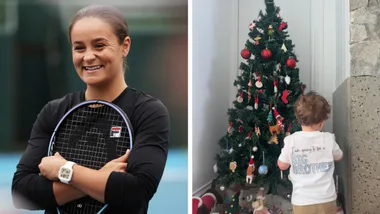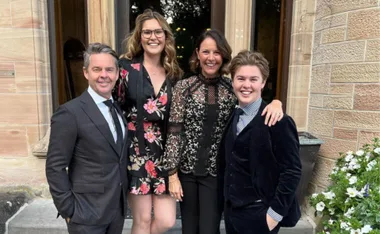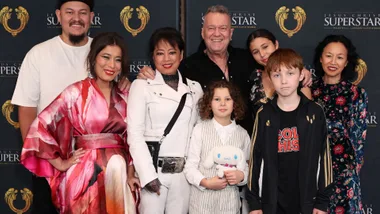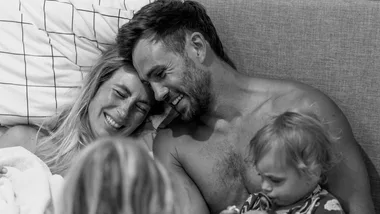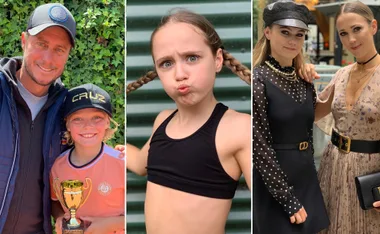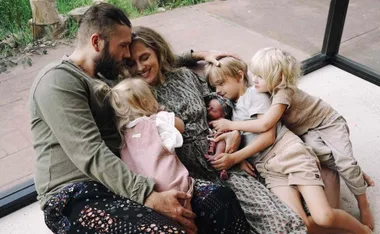12-18 months
Your child will still use gestures, body language and facial expressions to communicate, and you may instinctively do the same back, matching your actions to simple sentences. This is an important stage, because your child is developing a growing understanding of what’s said to him.
Sing rhymes. He’ll love the repetition and the rhymes will help to fix language in his head.
Whenever possible, sit your child on your lap or crouch down so you’re on his level. Eye contact really aids communication.
Talk to your toddler about what you’re doing (‘Let’s take your shoes off’).
Reply when he speaks to you, even if it’s just a word or two, to help him realise that talk is communication.
Give him ‘cues’ when talking – he finds it easier to learn words in context. For example, when you say, ‘We’re going out,’ get the pushchair and his coat and shoes to help him understand what you mean.
18-24 months
Your child starts to become more sophisticated at communicating now, and can take turns in speaking and listening. He begins to use language to give information or to ask for something – or just to chat. His speech development may go in spurts. For example, it may stay the same for months, and then he may suddenly gain several new words in a few weeks.
If you’re reading a story, take time to discuss what’s happening. Point out details in the pictures and let your toddler do the same, even if it makes the reading longer.
Collect funny words, or make up nonsense ones (‘Burp’, ‘Super-duper’). A lot depends on the way you say them! Never mimic your child’s mispronunciations to him – research has shown that children find it quite insulting, and may think that you’re the stupid one for not being able to speak properly! (‘Not twain – TWAIN!’ for train.)
Play and sing with hand puppets or little dolls – playing games with ‘characters’ gives lots of vocabulary practice and enriches his imagination.
Introduce numbers and colours when you have the chance – pointing out a red bus or counting the stairs.
Use simple adjectives such as good, bad, nice, horrible, hot, cold.
2-3 years
Your child will now start to enjoy expanding language, talk lots, and increasingly realise the power of words. He may issue commands, add a ‘please’ when reminded, use verbs fluently, and by three, he’ll start to get to grips with tenses including past, future and conditional. He’ll also use plurals and possessives, begin to grapple with pronouns (I, me, you) and may use ‘and’ to link sentences.
Do listen to your child and give him enough time to finish what he’s saying, without jumping in to finish the sentence for him.
Create a speech-friendly environment – turn the radio or TV off, and don’t let a baby or older sibling always shout your child down.
There’s still no need to correct grammar or mispronunciations. If you can tactfully repeat the word correctly yourself, your child will eventually pick it up.
Whispering games are fun and help your child form and express words.
If your child is going through the ‘Why?’ stage, try to answer his questions (even though it can be hard!). A short answer will do.


.jpg?resize=380%2C285)
